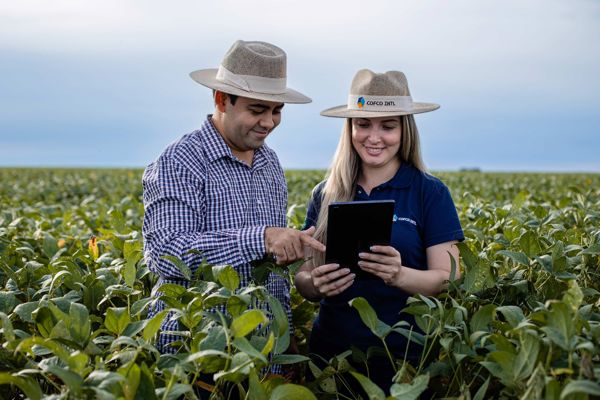
Coffee
As one of the largest coffee merchants in the world, our business depends on a secure supply of coffee beans for the long term.
We are committed to investing in coffee producers and to bring social, economic and environmental benefits to their communities.
Through local projects, we support farming practices that contribute to sustainability and maximise productivity. In Colombia, Brazil and Vietnam for instance, more than 4,000 farmers voluntarily participate in our technical assistance programmes, receiving training on soil health, climate resilience, biodiversity conservation, fair labour practices and more. As well as the clear environmental benefits, farmers gradually increase their yields and improve quality. This leads to higher incomes and livelihood security over the long term.
Certified sustainable coffee
Certification is one of the tools we deploy to verify sustainable production. The schemes we work with include:

The 4C Code of Conduct is a set of baseline sustainability principles for coffee production.

C.A.F.E. Practices encompass social, economic and environmental indicators.
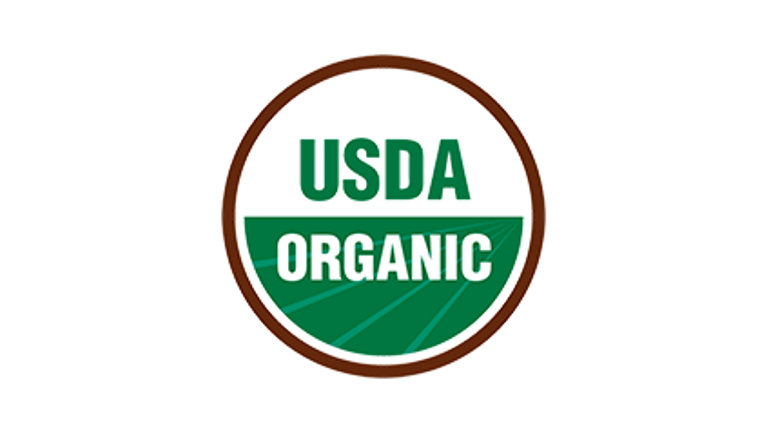
USDA Organic Standards identify requirements for protecting natural resources, conserving biodiversity and using approved substances in farming.
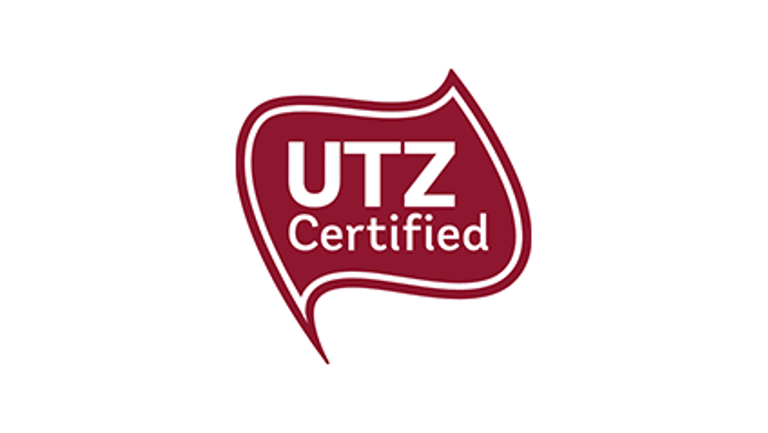
Coffee is certified as grown in accordance with UTZ’s Code of Conduct for better farming methods, working conditions, care for nature and care for future generations.
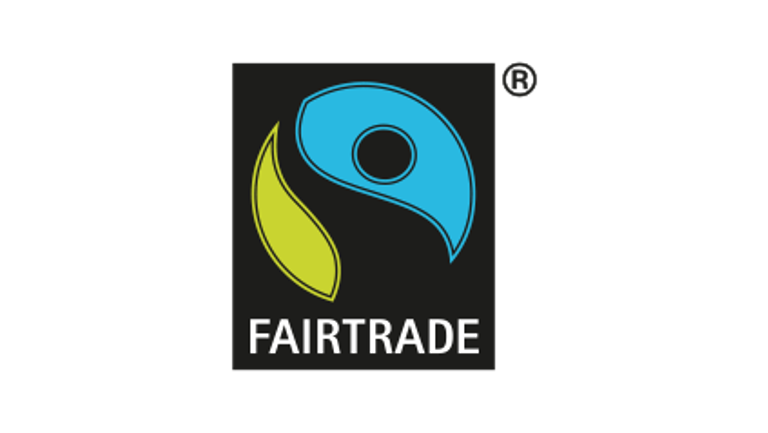
Fairtrade covers economic, environmental and social criteria, including the Fairtrade Minimum Price for producers and workers in developing countries.

Production must meet Rainforest Alliance Sustainable Agriculture Standards that cover a range of environmental and social criteria.
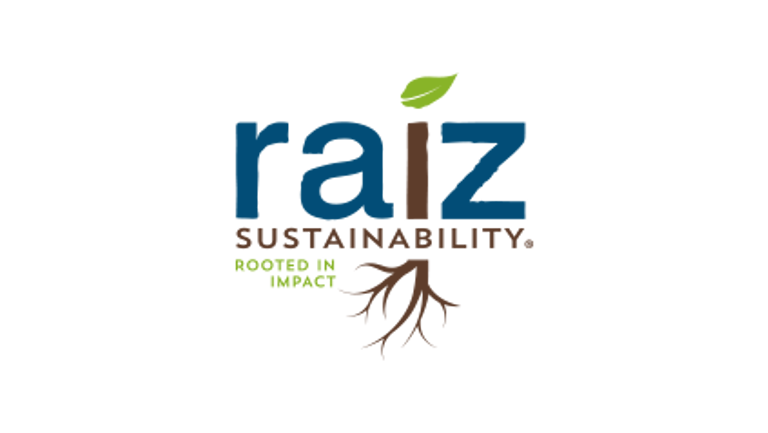
This programme supports farmers to adopt best agricultural practices and improve resiliency.
Case studies
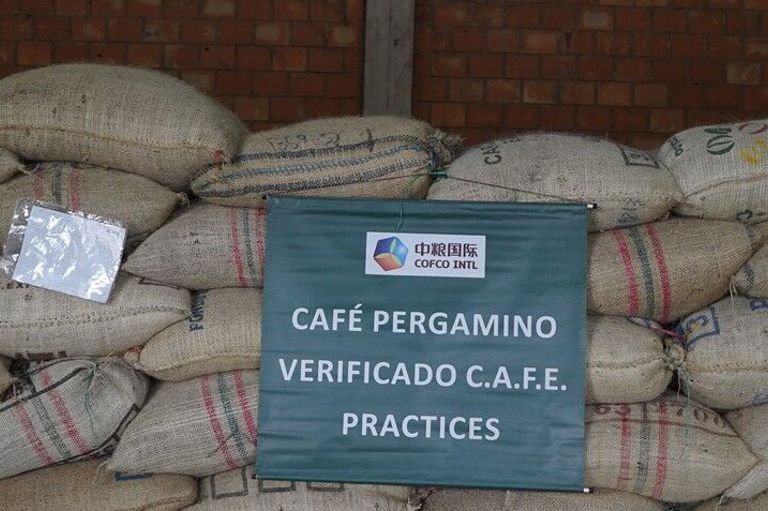
Supporting smallholder farmers in Tolima, Colombia
In the mountains of Tolima, west-central Colombia, coffee is an important means of rebuilding livelihoods after years of civil conflict. We are working with coffee growers in this region to build capacity in sustainable farming practices that improve quality and opportunities to access international markets.
